Demei's View - Wine Communication from a Chinese Winemaker
Biodynamic winemaking has been a popular topic in the industry. Hearing so many people talking about it, I became curious myself and wanted to get to know about the system a bit more.
In 2008, I managed to do just that in a damp, musty cellar in the Loire Valley. With a ‘biodynamic’ glass (as a colleague nicknamed the long-unwashed glass) in hand, I tasted a white wine made from a variety I no longer remember.
After the tasting, before I could finish my question, the winemaker seemed to know exactly what I was going to ask, and was quick to answer. ‘This is exactly what a biodynamic wine should taste like…’ he said.
Anyone holding a national-level oenology qualification should understand my confusion. But at that point, I wasn’t able to interrupt, and had to remain as a quiet listener.
During my few visits to biodynamic vineyards afterwards, I kept on seeing, intentionally or unintentionally, scenes that contradicted the scientific approach of oenology which I have been trained in. For instance, is it necessary at all for winemakers to lead a biodynamic life style in order to make biodynamic wines?
Biodynamic farming just seemed to be such a mysterious system which I found difficult to comprehend and believe. At some point I even agreed that ‘it’s simply another way to push the wine sales’.
However, I do believe that fair judgement, criticism or approval, can only be made after a thorough understanding of the history and origin of biodynamic farming.
Conventional agriculture is the mainstream of agricultural development. After the second World War, this approach, with its high productivity and efficiency, solved the problem of food supply, but was criticised for the usage of pesticides, herbicides and chemical fertilisers. And the fear towards the consequences of overusing pesticides and chemical fertilisers encouraged people’s pursuit for organic agriculture.
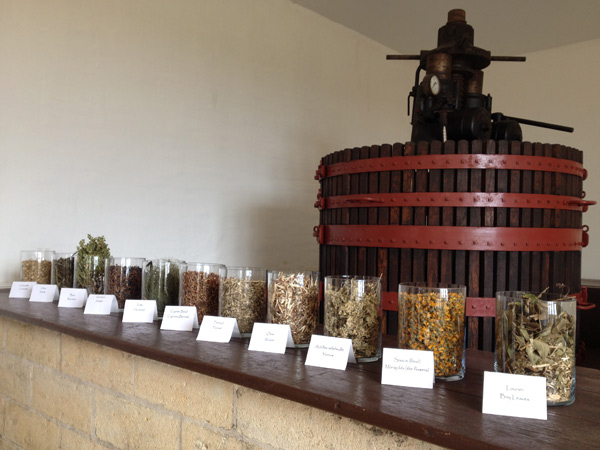
Except for strictly forbidding the use of chemicals, organic agriculture system usually requires isolation from conventional agriculture systems.
But in Europe, the isolation can hardly be achieved because of the high population density and the fact that the scale of individual units of agricultural production is fairly small here. And here is where the concept of biodynamic planting came into place.
The word ‘biodynamic’ was originated from Greek words ‘Bio (life)’ and ‘Dynamie (energy)’, thus ‘biodynamic’ agriculture is an approach that values life and power.
The concept finds its source in Anthroposophy influenced by Hinduism, and was established as a holistic farming method in 1924 by Austrian philosopher Dr. Rudolf Steiner.
I had been having difficulties accepting the concept of biodynamic farming for some time until 2012, when I took a trip to New Zealand. There at Carrick Wines, after seeing the clean and well-arranged facilities, and tasting impressively refreshing and elegant Pinot Noir, my perspective on biodynamic winemaking was completely changed.
I think it’s fair to say that I started to feel positive about biodynamic winemaking from that visit.
This summer, a friend arranged it for me to visit Rolly Gassmann winery in Alsace. During a short visit in the afternoon, guided by the passionate host, we tasted as many as 42 wines. The elegant Riesling, aromatic Gewurztraminer, balanced and long Pinot Noir—forgive me for exaggerating a bit, but everything just seemed so graceful and perfect.
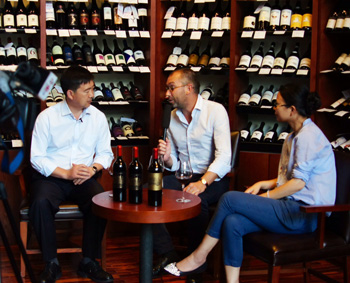
Liu Jiayin from Chateau Palmer © George DENG
On 27th August, the general manager of Chateau Palmer, Thomas Duroux and Liu Jiayin, head of the chateau’s Asian market, were in Beijing to meet the local wine media and talk about biodynamic winemaking.
During the meeting, it seemed to me that we’re not talking about the wine, but rather a ‘biodynamic’ approach towards nature and life.
And only when you spend enough time in a specific plot, really get to know it, or to ‘build a communication between human and nature’, can biodynamic winemaking be realised.
Indeed, the lands and the plants have energy and life in them. Feel and comprehend the nature when planting the vines, and find a harmonious position in the society, the environment and the universe; follow the orbits of stars and the natural laws of seasons, and cultivate your vines according to the rhythm of the universe; create a stand-alone and fully recyclable eco system, so as to enhance the immune system and the vitality of the crop—these, from my point of view, are the basic philosophy of biodynamic farming.
For a Chinese person who has been brought up firmly believes in science, the many thoughts of biodynamic viticulture which can’t be fully explained by science may seem non-scientific or even ‘wrong’. But, honestly, until this day of human society, how many natural phenomenon can be truly explained? Looking back to the title of this article, the ‘new perspectives on biodynamic winemaking’, should rather be mine rather than anyone else’s.
Translated by Sylvia Wu / 吴嘉溦
All rights reserved by Future plc. No part of this publication may be reproduced, distributed or transmitted in any form or by any means without the prior written permission of Decanter.
Only Official Media Partners (see About us) of DecanterChina.com may republish part of the content from the site without prior permission under strict Terms & Conditions. Contact china@decanter.com to learn about how to become an Official Media Partner of DecanterChina.com.


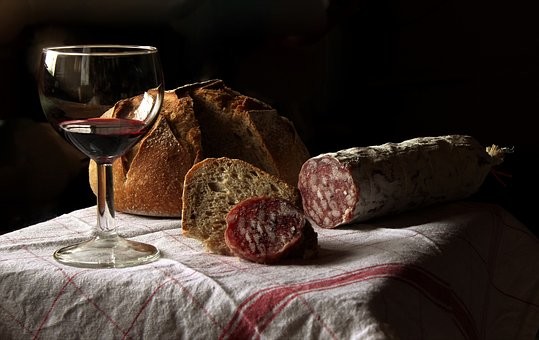
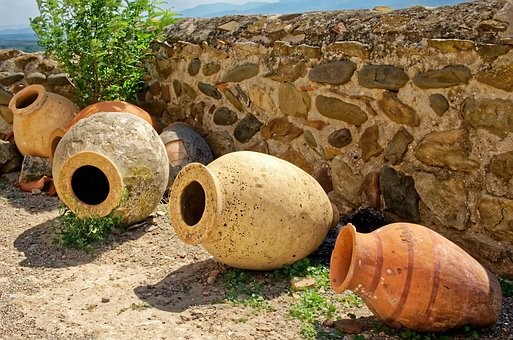
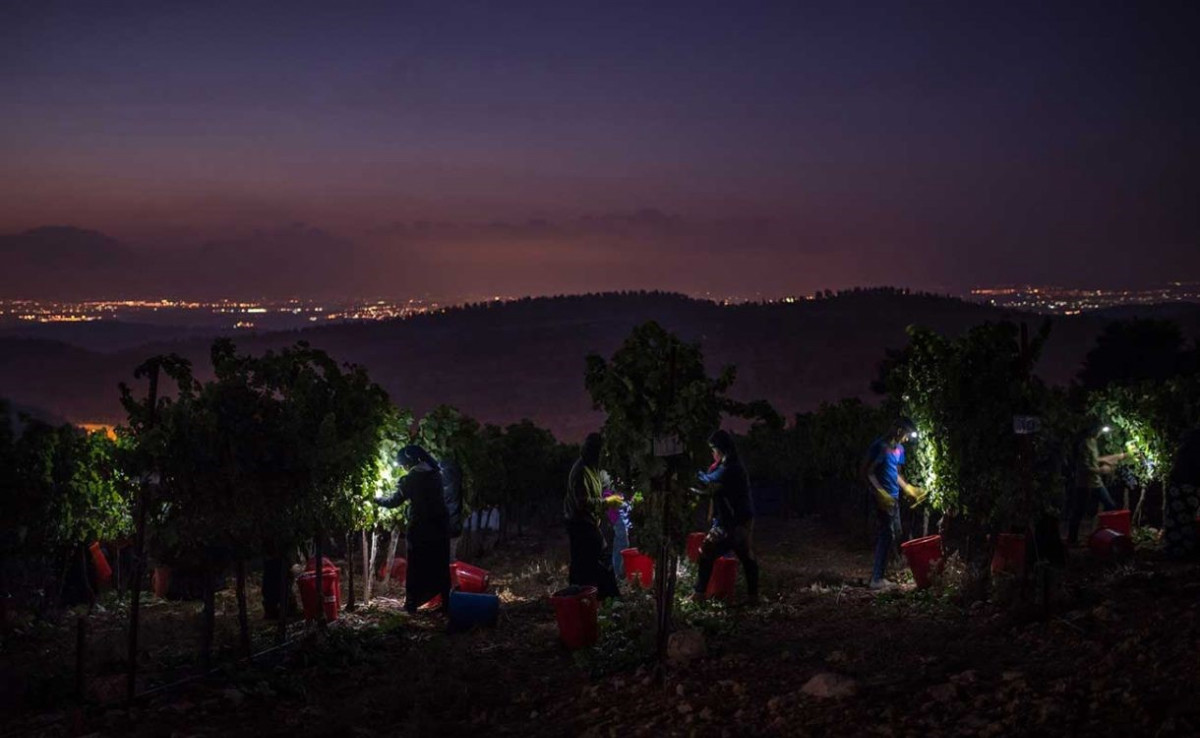
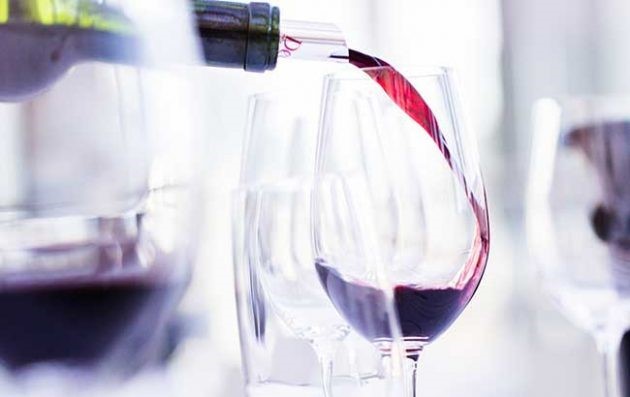
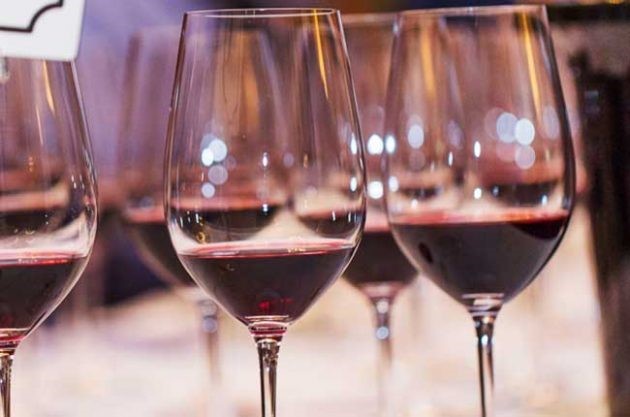
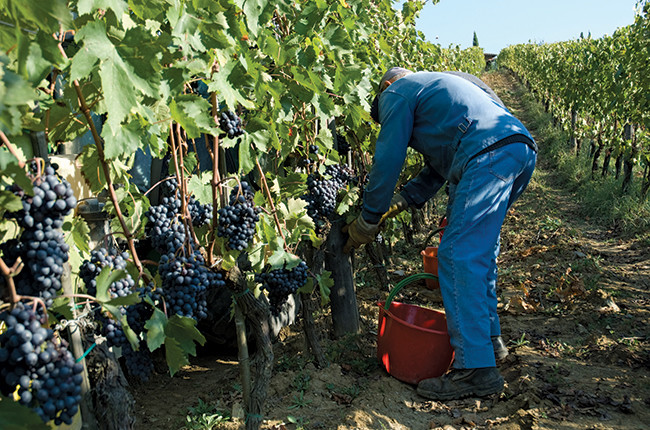
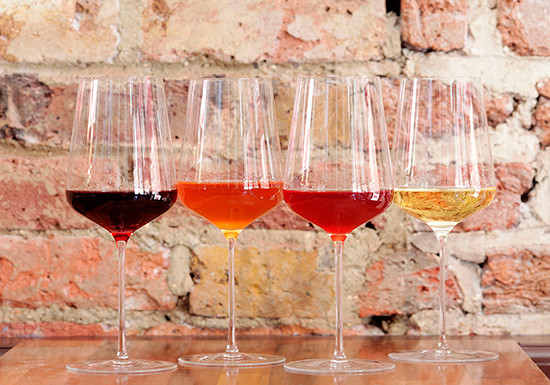
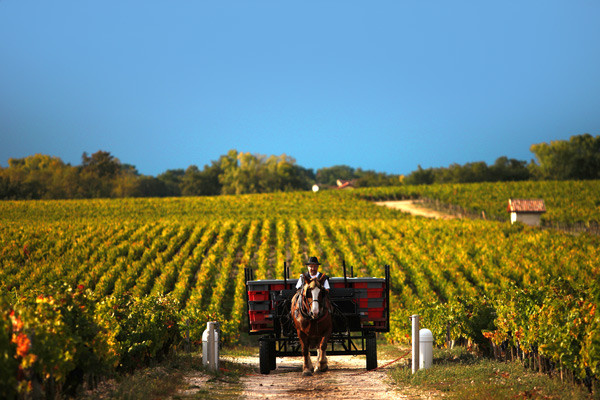
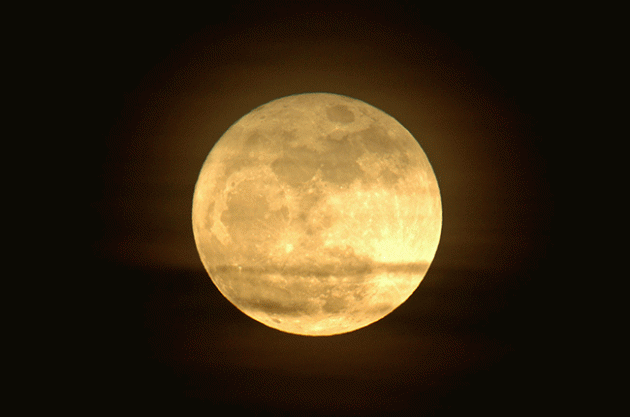
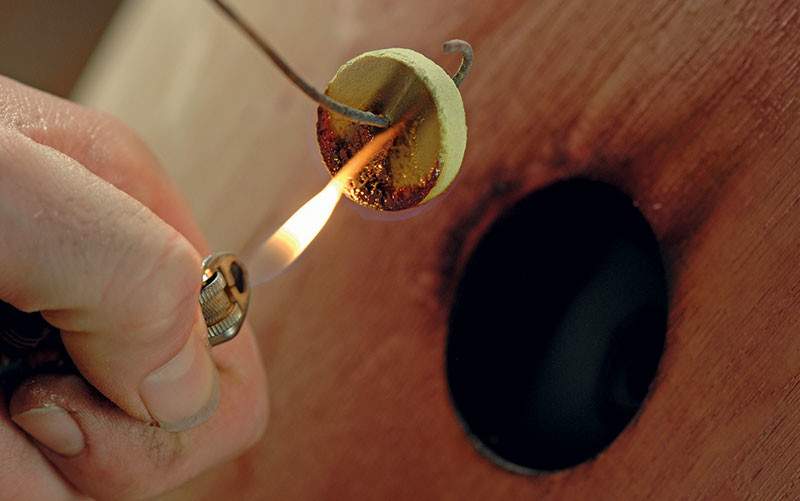
Comments
Submit